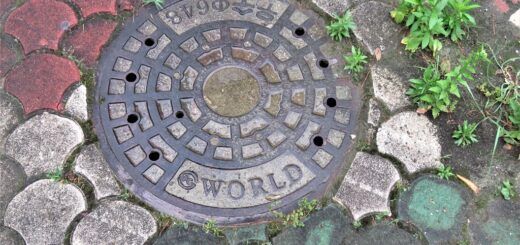When Should Government Act?
When one objects to lawless government responses to a public health problem — or any other social issue for that matter — it is natural to be asked occasionally, and also appropriate to ask oneself, “But if we are not simply taking a knee-jerk libertarian position, then where exactly should we draw the line limiting government action in such atypical situations?”
Here, with regard to the latest “crisis” that governments around the world are not allowing to go to waste, is my simple answer to this question:
In a real public health emergency of the sort COVID-19 is purported to be, the normal activities of civic life — work, business, education, religious observance, social recreation — would be shut down by the effects of the illness itself. Craftsmen, shop proprietors, bankers, teachers, and priests would be dying in significant numbers, or at least too ill to provide their normal services. The stores would suffer shortages because suppliers were suddenly dead, or too frightened to travel through certain infected areas. Schools would be closed indefinitely because half the children were too sick to attend, or had been forced to work in family businesses or on farms to help feed their afflicted parents and siblings. People of all ages would be keeling over at church services every Sunday, or simply disappearing from the congregation week after week.
The authorities in such a case might well be compelled to assert some sort of extraordinary social controls in a desperate attempt to stem the tide of death, to slow the evisceration of families, to save what is left of the community’s resources in the hopes of having something left to work with during the eventual post-pandemic recovery.
In the current case, precisely the opposite is true: Commerce, social life, education, and productive activity have not been widely affected by the virus as such, but rather all have been radically diminished or even decimated by governments acting in response to conditions that manifestly have not risen (nor threatened to rise) to anything remotely comparable to the kind of public health emergency described above.
That, in a nutshell, is my way of separating health crises that warrant the consideration of extreme political measures from instances of sheer tyrannical excess. Today, all the masks are off. Anyone who cannot recognize the difference between the two scenarios I just described, or distinguish our situation from the genuine emergency, is merely choosing not to see.


